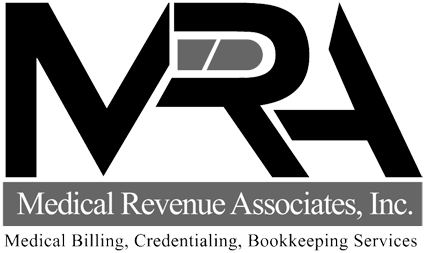
While the Affordable Care Act has helped more Americans find healthcare insurance, there is still a significant portion of the population that is uninsured. As a result, many of them are unable to cover medical costs, resulting in uncompensated care for hospitals and physicians. This can not only hurt patients, but it can also hurt the revenue cycle management of healthcare providers.
What is uncompensated care?
Uncompensated care is when a healthcare facility provides care to a patient and never receives payment for its services. It is typically calculated by adding a facility’s bad debt with its financial assistance. Bad debts are services that the facility anticipated, but never received payment for; financial assistance refers to services in which the facility never expected payment for because it was already aware of a patient’s financial difficulties.
The impact of uncompensated care
Needless to say, not receiving the appropriate payment for services provided can drastically hurt the finances of any healthcare facility. According to the American Hospital Association, uncompensated care costs amounted to $41.3 billion in the United States in 2018. That number only continues to grow, putting the financial health of many healthcare facilities at risk.
What to do
You should never turn away a patient just because they’re unable to provide the necessary amount of money for care. However, there are ways to reduce the likelihood of uncompensated care. One way to do this is by offering several payment options to your patients. Allow them to pay in installments or have their credit card on file for automatic payments. You can also provide a patient portal for online payments.
Have further questions about your revenue cycle management? Then contact Medical Revenue Associates today at 215-497-1001.

Leave a Reply